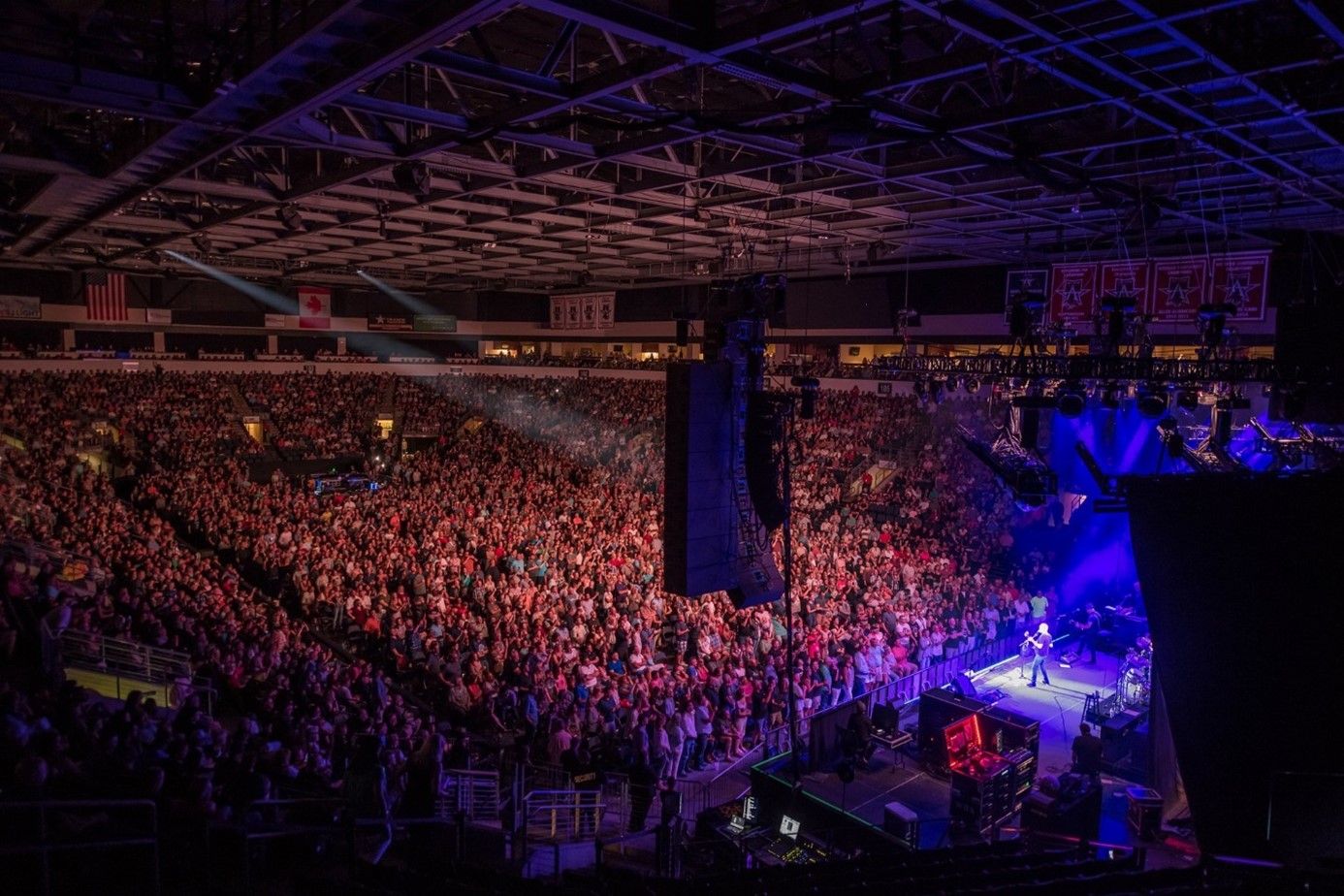When Call of Duty Came Calling
Before starting my media career many years ago, I pursued a career in eSports, long before it became as popular as it is today. Had things unfolded differently, it might have turned into my career.
Introduction
Before starting my media career many years ago, I pursued a career in eSports, long before it became as popular as it is today. Had things unfolded differently, it might have turned into my career.
My game of choice was Call of Duty, which I played at a semi-professional level for many years, attending gaming events and competing for prize money. While I had always enjoyed a variety of games growing up, Call of Duty 4: Modern Warfare, released in 2007, was a game-changer for me. Although I had played previous Call of Duty titles, this one stood out as possibly the best in the series. From the moment I first played it, I was hooked and instantly fell in love with every aspect of the game.

Playing call of Duty for the first time
I would play online with my friends, and while we were all decent, we sought more competition beyond public game lobbies. We discovered a now-defunct website called Gamebattles, which offered a competitive online gaming ladder. You could sign up as a team and compete against other teams in matches. This was my first experience in a more structured, competitive environment with set rules and pre-made teams. I instantly loved it, and this was where my “semi-professional career” began.
After months of climbing the ladder, I discovered a community dedicated to the competitive side of Call of Duty. They used a forum called Decerto (now known as Dexerto) to form teams and organise matches. I joined the site, managed to get into a team, and started competing. This involvement led to participating in online tournaments hosted by various websites and eventually attending gaming events, or LAN events, across the UK such as EGL (European Gaming League). I did this for a few years, with events being held on different Call of Duties as the competitions were always played on the latest iteration of the game. It wasn’t until 2011 when a particularly big gaming tournament got announced called Call of Duty XP.

CODXP Tournament
This was the first event of its kind, and years later, it evolved into what is now known as the Call of Duty Championships, held annually. The tournament had 32 spots, one for each country, and to qualify, teams had to win smaller national tournaments. Securing a spot meant an all-expenses-paid trip to Los Angeles, where the main event would take place, featuring a prize pool of $1 million—the largest in Call of Duty history at the time. No previous event had ever offered a prize pool of this scale, making it a ground breaking moment for the competitive Call of Duty scene.
We entered the local qualifying tournament, and I remember being extremely nervous—the stakes were incredibly high. The competition was fierce, but thankfully, we finished in first place, securing our spot to compete in LA for the $1 million prize pool. I was thrilled but also nervous, knowing this could be the largest sum of money I had ever won.
When we flew to LA, the scale of the event was overwhelming. It took place in two enormous airfield hangars, and the tournament was designed to showcase the latest Call of Duty release, featuring top players from around the world. The stages were huge, the crowds even bigger, and the pressure was intense. To add to the challenge, the local qualifying tournament was played on Call of Duty: Black Ops 1, while the main event was held on the newly upcoming Call of Duty: Modern Warfare 3, a game no team had played before. This meant everyone was on equal footing entering the tournament with no prior knowledge of the game.
The competition spanned two days, with all 32 teams battling it out. Despite winning the local tournament, we managed to place fifth in the main event, earning a team total of $70,000, which worked out to $17,500 each. I was ecstatic, I remember calling my mum, and she was shocked to hear I had won so much money from playing Call of Duty. At the time, it was almost unheard of to win that kind of money from gaming.
After that, the competitive Call of Duty scene grew rapidly, along with the overall community.

How it ended
I continued competing for many years after that, attending events such as the Call of Duty Championships 2014, MLG, Gfinity, EGL, and Dreamhack, to name a few. During this time, I played under an official esports team, sponsored to compete, and won money along the way. However, the prize pools back then were relatively modest, and there was never a guarantee of winning. Salaries weren’t common and were only given to the biggest and most popular players. So, while I earned money here and there, it was never sustainable—unlike today, where salaries, large prize pools, and the sheer number of tournaments have grown dramatically, making esports a much more viable career.
Some of the people I teamed with continued playing and turned esports into their careers. They stuck with it long enough to witness the rapid growth of both the game’s popularity and the investment in esports. I do wonder sometimes if I had continued playing, would I have experienced the same success?
Epilogue
I still game today and remain passionate about the competitive side, but now I mostly stick to playing ranked matches in Call of Duty, Counter-Strike, and Valorant. I can only hope I’ve still got it…
https://cod-esports.fandom.com/wiki/Blackk_(Ellis_Strouthos)
https://www.esportsearnings.com/players/3797-blackk-ellis-strouthos
More Articles
Back in 2007, at the age of 9, I was enjoying the world of Club Penguin and various other console games. …
I remember my cousins forcing me to ask my parents to buy this new fighting game that had just come out on the …








